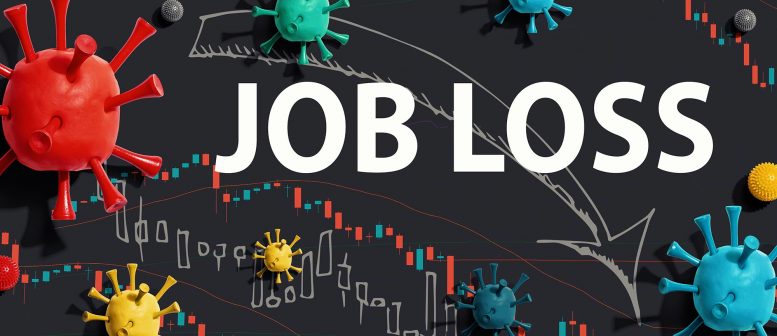
Chicago Booth scholar investigates whether coronavirus-related job losses eventually return.
The numbers are finally capturing the full magnitude of the economic downturn caused by the COVID-19 coronavirus pandemic.
The U.S. Bureau of Labor Statistics, for example, recently announced a 14.7% unemployment rate for April. But other data also provide a more nuanced and sobering view: New research co-authored by Prof. Steven J. Davis of the University of Chicago Booth School of Business reveals that for every 10 layoffs induced by the economic slowdown, three new jobs are created.
While this reallocation shock is good news for some sectors, the authors find the news particularly troubling for others.
“We estimate that 42% of recent pandemic-induced layoffs will result in permanent job loss,” said Davis, a leading expert on hiring practices, job loss and the effects of economic uncertainty. “If the economic shutdown lingers for many months, or if serious pandemics become a recurring phenomenon, there will be profound, long-term consequences for the reallocation of jobs, workers, and capital across firms and locations.”

Working with Jose Maria Barrero of Instituto Tecnológico Autónomo de México and Nick Bloom of Stanford University, Davis constructed a novel, forward-looking measure of expected job reallocation across U.S. firms—pairing anecdotal evidence from news reports and other sources, along with the rich dataset provided by the Survey of Business Uncertainty.
Developed and fielded by the Federal Reserve Bank of Atlanta in cooperation with Chicago Booth and Stanford, the SBU is a monthly panel survey which allows the calculation of a firm’s expected growth rate over the next year, and its degree of uncertainty about its expectations.
Two special staffing-related questions in the SBU reveal that pandemic-related developments caused near-term layoffs equal to 12.8% of March 1 employment and new hires equal to 3.8%—or, roughly three new hires per 10 layoffs.
The authors cite numerous sources that report large-scale hiring by certain retailers, grocers, and food-delivery firms. Furthermore, they find that some companies are becoming creative in managing their labor needs.
“Some companies are forming partnerships that exploit the re-allocative nature of the COVID-19 shock to speed hiring,” said Davis, the William H. Abbott Distinguished Service Professor of International Business and Economics. “Grocery chains are creating labor exchanges with hotels, and retail stores are pairing with gig companies, among other creative solutions to move workers to where they are needed.”
Never miss a breakthrough: Join the SciTechDaily newsletter.
2 Comments
More like 14% after a few years. Anywhere near 42% would cause a total economic collapse. Billions of people in most countries would end up starving to death. It will be bad, but not THAT bad because it isn’t deadly enough for younger people. And Trump just said that the USA won’t shut down again. So whoever gets it and dies, gets it and dies. For everyone else, life goes on. It’s no Ebola.
The only ones still pushing the danger are the ploiticians who have begun to use this virus for their political ends. Viruses can not be prevented, only treated when they come and another virus will come. With this mentality we should shut down economies every winter for the flu.